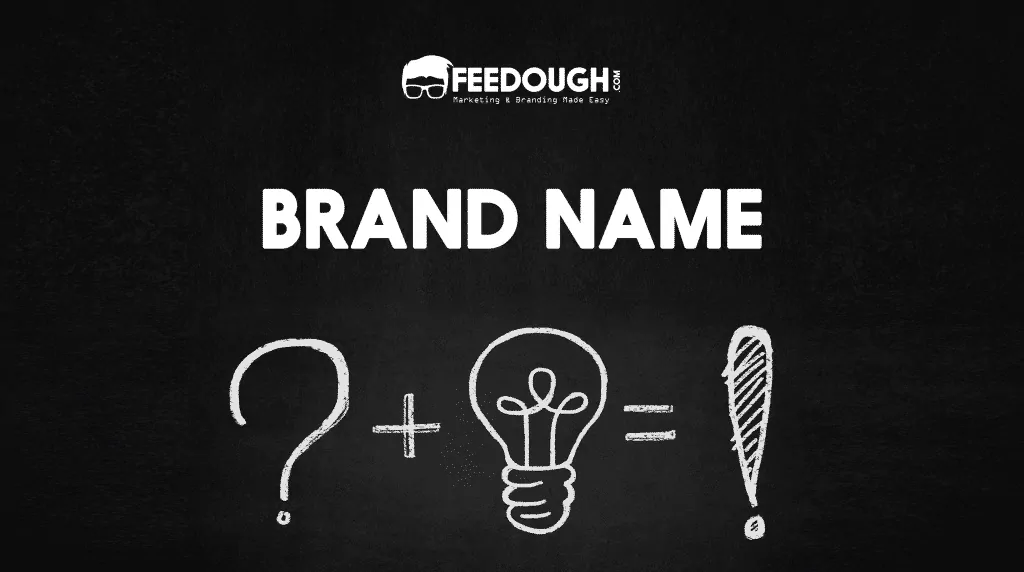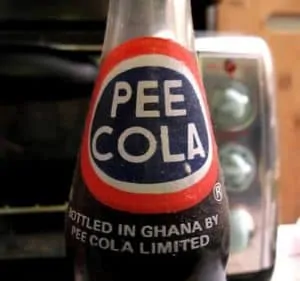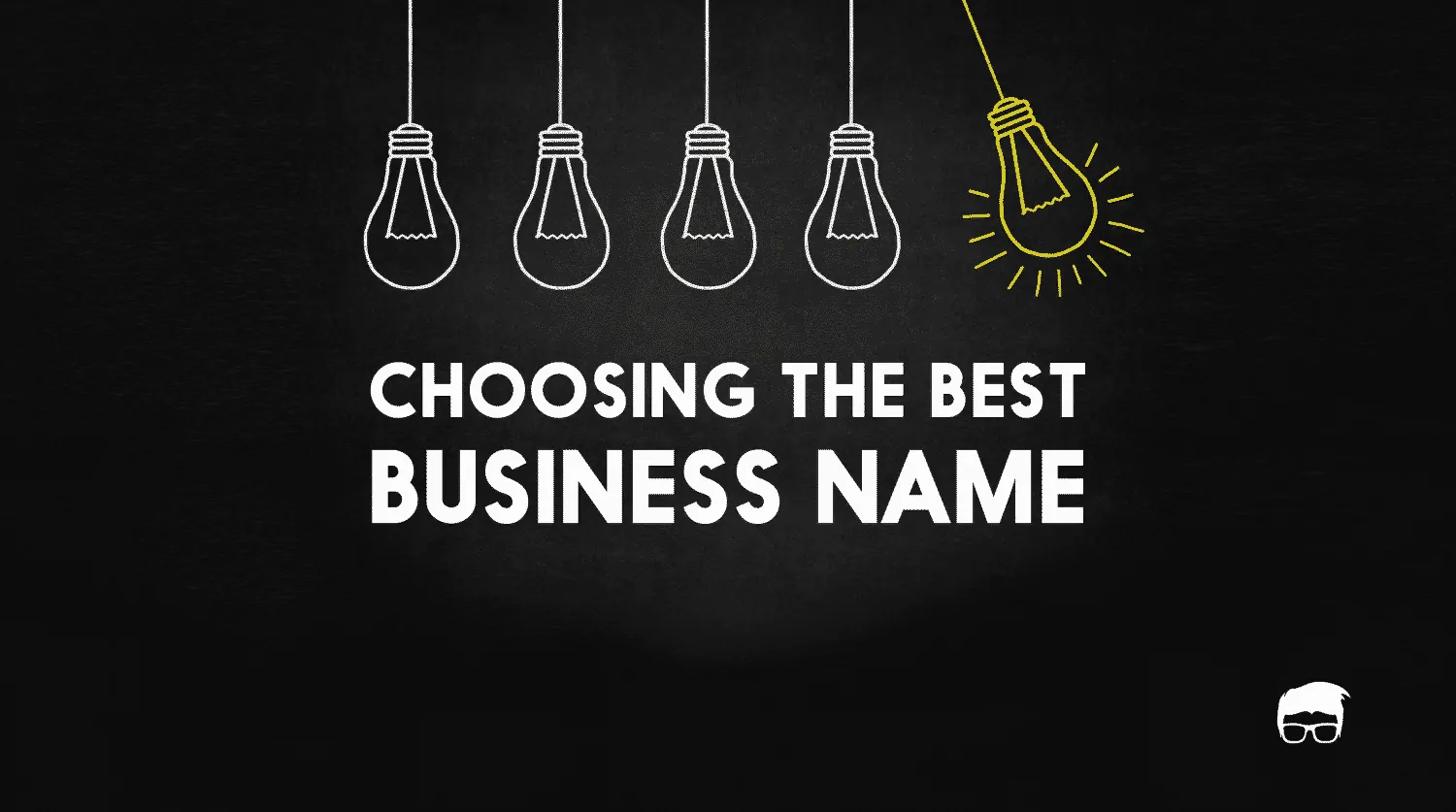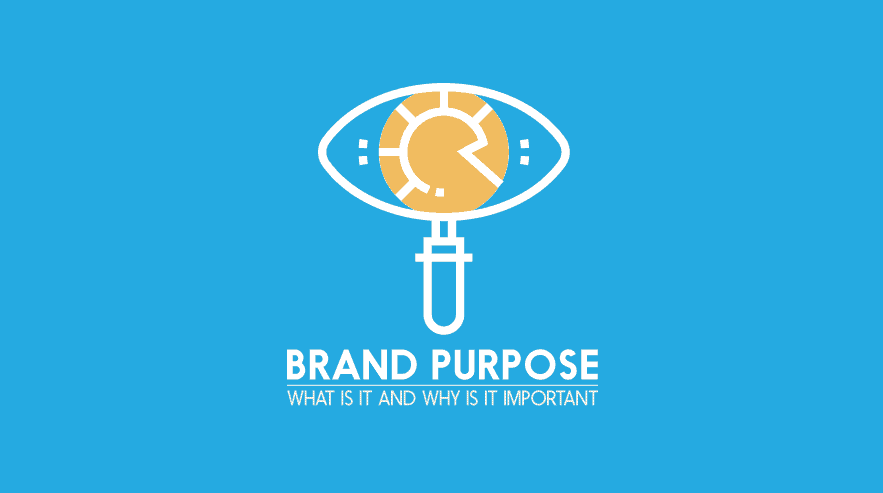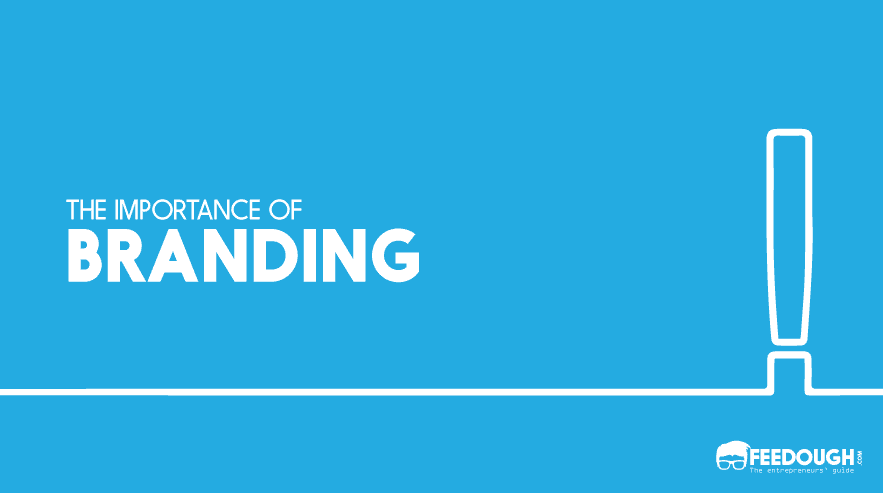“What’s in a name? that which we call a rose
By any other name would smell as sweet.”
This statement, according to many marketers, holds true for the brand name as well. But is it so? Which of these two brand names will gain more traction? “A gravitationally completely collapsed object” or “A black hole”? Marketing is all about engagement with the users. Until the time the user isn’t convinced, the brand won’t sell.
We are surrounded by brands and their names become a natural part of our everyday speech. But there’s a theory behind why many brand names have a recall value and many don’t.
What Is A Brand Name?
A brand name is a name given to a brand to identify and differentiate it from others.
Communication is an important aspect of marketing and Brand Name, being an integral part of communication, is very important carry out any marketing or branding strategy. People tend to label everything to make it more identifiable and differentiated. They assume various brand values, associations, image, positioning, etc just after encountering the name of the brand. Hence choosing a good brand name is vital.
Psychology of Brand Names
Cargo House and Pequod were two options in consideration before naming the brand Starbucks. They being good is a relative argument, but they must have resulted in a completely different brand image and positioning of Starbucks than it is now.
Brand name plays an important part to decide brand’s fate in the market. Here are few statistics to prove this fact.
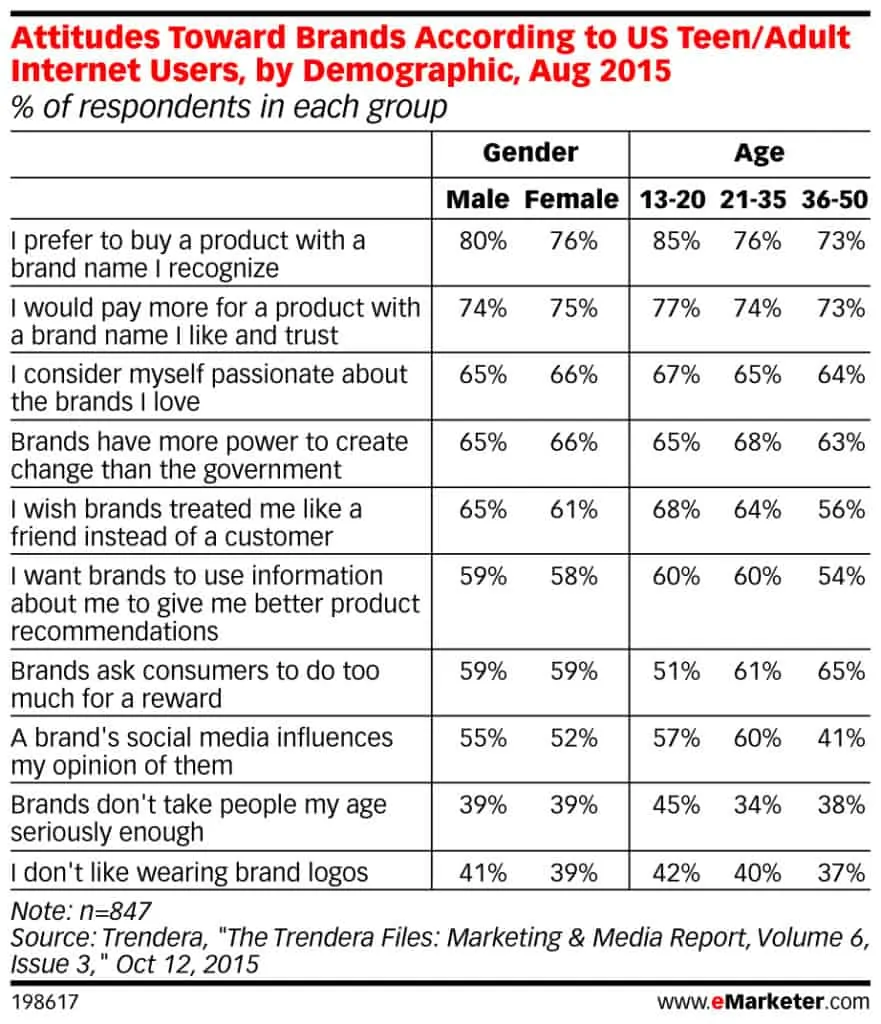
“No, I haven’t heard of it.” & “No, I don’t like this name.” are common sentences among customers who are asked to buy a product of a new brand.
Choosing a brand name
Pick a random brand name and you immediately will have opinions, qualities, values etc. attached to it. For example, what do you think are the values and qualities of a brand named ‘Horse’ and dealing in real estate sector?
There are no hard and fast rules which companies follow to choose a brand name, but there certainly are some hacks.
Know Your Present Customers
Past isn’t a history, future isn’t a mystery, but present surely is a gift.
Know who you’ll be serving to, their beliefs and perceptions, and choose a brand name accordingly. You don’t have to worry much about your future customers as your image then will depend mostly on your existing image and associations.
Fun Fact: Siri means ‘bottom’ or ‘buttocks’ in Japanese, & Lumia means prostitute in Spanish slang.
Communication
A product is built by the company while the brand is built by the consumers. It’s the power of communication which builds a brand. Any communication whether B2C, B2B, C2C, or C2B which relates to the brand involves its brand name.
A research showed that if customers feel that the brand name is easy and a good fit, they’ll remember it better and even like it more. The brand gets an advantage of word of mouth marketing.
However brands with a big or complex name also have their perks. They are sometimes considered old and big players of the game.
But make sure that the communication goes right. Cadabra had to change their brand name to Amazon as the name was often misheard as Cadaver (which meant a corpse).
Associations matter, not the meaning.
In case of brands, its the company who builds the meaning of the brand name through the products, marketing activities, and associations. Nike, which sounds a very cool, is actually a the Greek goddess of victory.
It is not even important to look for actual words. Just make new words which have phonetic symbolism that describes the brand philosophy / product best. These new words act as a blank slate on which a meaning can be written by the brand.
But what about the already existing words? Till the time the word doesn’t have any big association with anything, it acts a blank slate. However, if it has some association, it is advisable to review it before using it.
Role of Phonetic Symbolism in Brand Names
Different sounds have different psychological effects. Sound is something you should keep in mind as it plays a vital role in formation of impression of a brand.
Phonetic symbolism refers to the notion that the sounds of words convey meaning which can be from their semantic connotation.
Few observations of relevance of phonetic symbolism in brand names –
- Studies show that names in which phonetic symbolism compliments the product category (e.g., Frosh for fresh fruits) are preferred over brand names without such complimentarity (Frish for fresh fruits).
- Researchers have shown that specific vowel sounds convey perceptions related to size, taste, and attractiveness. Vowels like ‘A’ &’O’ tend to sound bigger than the vowels ‘E’, ‘I’ while ‘U’ is tastier.
- There is a front/back distinction for classifying vowels, which refers to the highest point of the tongue when pronouncing a sound. For example, the highest position of the tongue is more toward the front of the mouth for bee than for bin, and more toward the back for boot than for bin. Front vowels convey qualities like smaller, quicker, sharper, whereas back vowels conveyed qualities like larger, slower, duller. Hence, it is suggested to use words with front vowels if you want to position yourself as a niche brand and back vowels for a parent brand.
- It is advisable to not sound similar to words like eew, puke, pee, etc. which have negative associations. A company with a name ‘Pook’ will be less preferred than a company named ‘Kook’.
Category Connotion
Again, there’s no proof that if you connote you product category in your name there are chances that you will not be able to diversify your profile. Indian Tobacco Company (ITC) besides selling 81% of total cigarettes in India, also has its business in Food, lifestyle apparel, stationary, hotels, and other sectors. Similarly, Dunkin’ Donuts are more famous in India for their burgers than their doughnuts.
If you’re going to start as a niche brand it might help your brand if you connote the category in your brand name as the consumers will instantly associate you to that niche.
Product/Philosophy Reflection
Many marketers feel that a brand name should reflect the product category or the philosophy of the brand for better positioning strategies.
Brand names that reflect a philosophy instead of a product category may not immediately communicate what they sell. But most consumers would get engaged with the brand in trying to find out what the name stands for. It certainly offers the employees an opportunity to talk about their brand’s philosophy and hence helps the brand in public relations. Eg. – Meru, Metro, Entrepreneur etc.
However Product reflection in the brand name helps consumers to associate the brand to that specific niche and they get the hint of the services provided by that brand. Eg. – Zomato, Big Basket, Gourmet, etc.
Go On, Tell Us What You Think!
Did we miss something? Come on! Tell us what you think about our article on Brand Names in the comment section.
A startup consultant, digital marketer, traveller, and philomath. Aashish has worked with over 20 startups and successfully helped them ideate, raise money, and succeed. When not working, he can be found hiking, camping, and stargazing.
